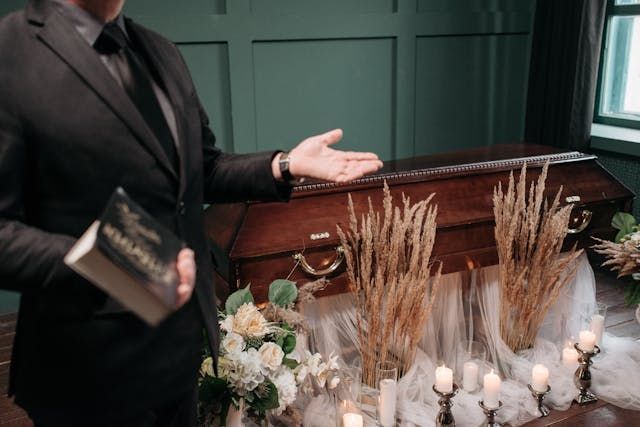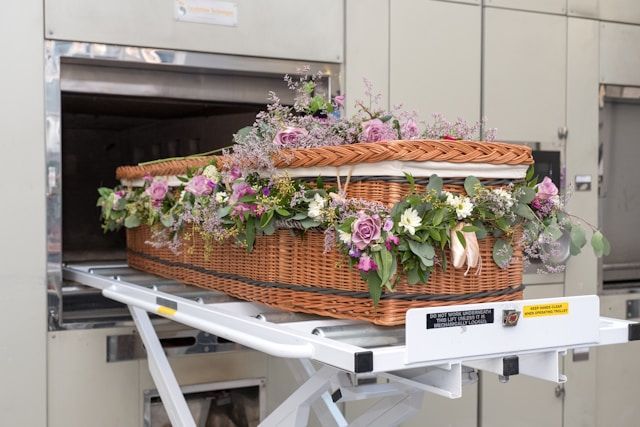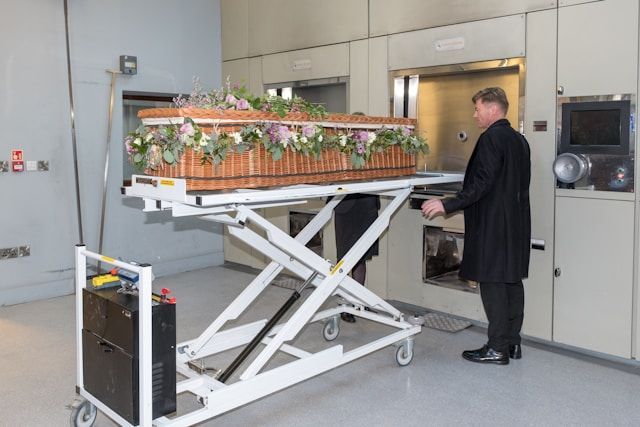Planning for the future often includes saving for retirement, drafting wills, and setting goals. Yet one essential aspect of planning that is frequently overlooked is documenting final wishes. Taking time to make these decisions now can relieve loved ones of uncertainty later and ensure that your preferences are honored with dignity and clarity. Whether individuals are exploring traditional options or modern choices like
cremation services near Hanover, PA, this process helps create peace of mind for everyone involved.
Why Documenting Final Wishes Matters
Many families face difficult choices in the days following a loss, unsure of what their loved one would have wanted. You eliminate guesswork and provide guidance by clearly outlining your wishes in advance. It is an act of love and responsibility, helping survivors focus on remembrance rather than logistics.
Documenting your preferences does not simply involve writing them down; it is a comprehensive effort that combines legal, financial, and personal planning. This can include designating someone to manage decisions, clarifying the type of service desired, and specifying how you want to be remembered.
Steps to Begin the Planning Process
1. Reflect on Personal Values and Beliefs
Before you write anything, take time to think about what matters most. Consider your cultural background, religious views, and the gathering you envision. Some individuals prefer intimate memorials, while others opt for more public celebrations of life. These preferences shape every subsequent decision.
2. Decide on Service Type and Disposition
Determining the
type of service you prefer is central to documenting final wishes. This can include traditional funeral services, memorial services, or other meaningful ceremonies. In recent years, many individuals have chosen cremation services near Hanover, PA, due to their flexibility and personal nature. Understanding what each option entails helps ensure that the decision reflects your values.
3. Put Preferences in Writing
Verbal conversations with family members are valuable but not legally binding. Draft a written document that includes:
- Type of service desired
- Preferred location for the service
- Individuals you would like to be involved in the ceremony
- Specific readings, music, or rituals
- Instructions regarding final care
Be sure to review and update the document periodically, especially after major life events such as marriages, relocations, or changes in health.
4. Appoint a Responsible Person
Choose someone you trust to carry out your instructions. This individual, often referred to as a health care agent or designated representative, should know your plans and have access to all necessary documents. Having a designated point person ensures that your wishes are communicated effectively and respectfully followed.
5. Include Final Wishes in Legal Documents
For thorough planning, integrate your end-of-life preferences into your estate plan. This might include:
- A last will and testament
- Advance directives
- Health care proxy
- Power of attorney
While these documents serve different purposes, they work together to ensure that all aspects of your care and memorial are handled according to your specifications.
Communication Is Key
It is equally important to have honest conversations with family members. Once your wishes are documented, please share them with those closest to you. This dialogue can help answer questions, ease emotional burdens, and prevent future misunderstandings.
Involving your loved ones in the planning process also allows them to offer insights or express how they would like to honor your memory. Though sometimes tricky, these discussions often bring comfort and a sense of shared purpose.
Storing the Documents Safely
Keep all documents in a secure but accessible location. Notify your designated representative or a trusted family member of where they are stored. Some individuals also provide a copy to their attorney or funeral service provider to ensure the information is available when needed.
Avoid placing documents in safety deposit boxes unless someone else has legal access to them. This can cause delays when time is most sensitive.
When to Start Planning
The best time to begin documenting your final wishes is now. Planning is not limited to individuals of advanced age or those with health concerns. In fact, creating a plan while you're in good health allows for greater clarity and decision-making without the pressure of urgency.
Planning ahead allows you to explore options thoroughly, ask questions, and make informed choices that reflect your identity and beliefs.
Conclusion












